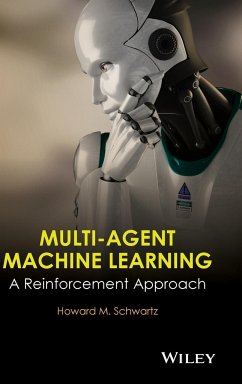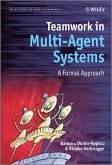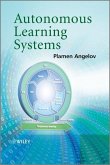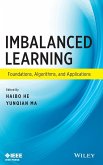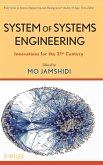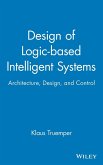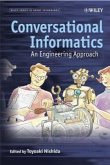A branch of artificial intelligence, machine learning pertains to algorithm design and development that evolves computer behavior. Multi-Agent Machine Learning applies these principles to multi-differential games and offers applications in game theory and mobile robotics. Touching upon value functions, Markov games, Nash equilibrium, infinitesimal gradient methods, and friend or foe Q-learning, among many other topics, this book provides thorough coverage of multi-differential games for researchers and students.
The book begins with a chapter on traditional methods of supervised learning, covering recursive least squares learning, mean square error methods, and stochastic approximation. Chapter 2 covers single agent reinforcement learning. Topics include learning value functions, Markov games, and TD learning with eligibility traces. Chapter 3 discusses two player games including two player matrix games with both pure and mixed strategies. Numerous algorithms and examples are presented. Chapter 4 covers learning in multi-player games, stochastic games, and Markov games, focusing on learning multi-player grid games-two player grid games, Q-learning, and Nash Q-learning. Chapter 5 discusses differential games, including multi player differential games, actor critique structure, adaptive fuzzy control and fuzzy interference systems, the evader pursuit game, and the defending a territory games. Chapter 6 discusses new ideas on learning within robotic swarms and the innovative idea of the evolution of personality traits.
- Framework for understanding a variety of methods and approaches in multi-agent machine learning.
- Discusses methods of reinforcement learning such as a number of forms of multi-agent Q-learning
- Applicable to research professors and graduate students studying electrical and computer engineering, computer science, and mechanical and aerospace engineering
The book begins with a chapter on traditional methods of supervised learning, covering recursive least squares learning, mean square error methods, and stochastic approximation. Chapter 2 covers single agent reinforcement learning. Topics include learning value functions, Markov games, and TD learning with eligibility traces. Chapter 3 discusses two player games including two player matrix games with both pure and mixed strategies. Numerous algorithms and examples are presented. Chapter 4 covers learning in multi-player games, stochastic games, and Markov games, focusing on learning multi-player grid games-two player grid games, Q-learning, and Nash Q-learning. Chapter 5 discusses differential games, including multi player differential games, actor critique structure, adaptive fuzzy control and fuzzy interference systems, the evader pursuit game, and the defending a territory games. Chapter 6 discusses new ideas on learning within robotic swarms and the innovative idea of the evolution of personality traits.
- Framework for understanding a variety of methods and approaches in multi-agent machine learning.
- Discusses methods of reinforcement learning such as a number of forms of multi-agent Q-learning
- Applicable to research professors and graduate students studying electrical and computer engineering, computer science, and mechanical and aerospace engineering

